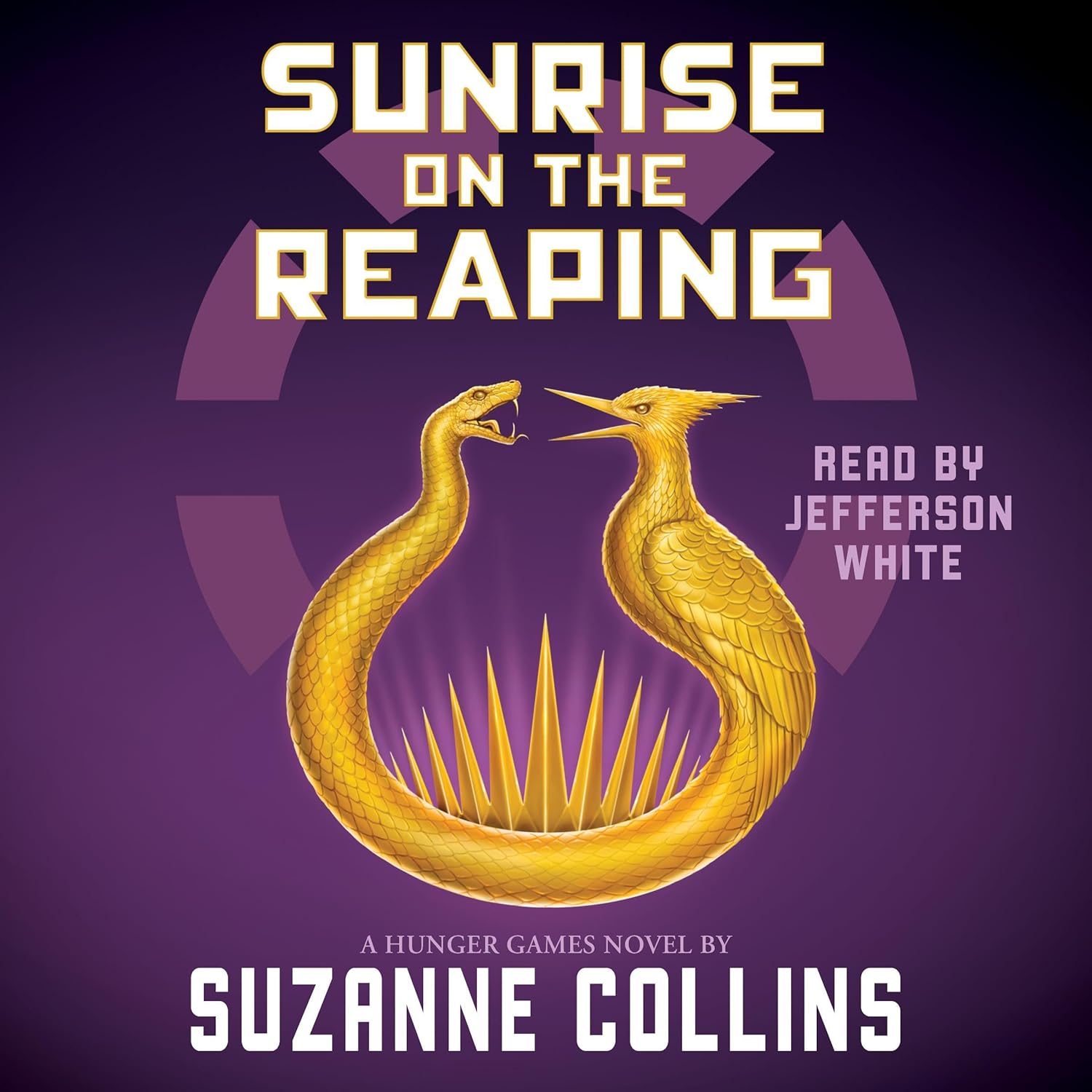[toc]
despair and hope a deep dive analysis
Sunrise on the Reaping (A Hunger Games Novel) (The Hunger Games)
Page 350 Review
The Crushing Despair and Lingering Hope: A Commentary on Survival
The passage plunges us directly into the heart of despair, a state of utter hopelessness and self-blame.
The protagonist’s raw emotion is palpable, their words a cry of anguish against the injustice of their situation.
Let’s dissect this fragment and explore the themes of despair, resilience, and the lingering presence of hope it presents.
A Desperate Plea and Self-Inflicted Punishment
The opening line, “Just let me go!”, encapsulates the protagonist’s desire for release from their torment.
This desperate plea is not directed at any specific entity, but rather a general cry against the forces that bind them.
The subsequent self-blame, “I’m furious at myself for not telling her to move on after my death when I had the chance,” reveals a deep sense of guilt and regret.
This likely refers to a loved one, burdened by the protagonist’s fate, and the protagonist’s remorse stems from their inability to protect them from this pain.
The act of self-harm, “I pound my head into the tree bark until blood runs,” is a visceral representation of their inner turmoil.
It’s a physical manifestation of their self-loathing and a desperate attempt to punish themselves for perceived failures.
The subsequent resignation, “and then go limp as I await my end.
All yours, President Snow . . .”, signifies a surrender to the seemingly inevitable.
They have given up fighting, accepting their fate as a pawn in President Snow’s cruel game.
The Weight of Despair and a Glimmer of Dawn
The passage then shifts to a state of near-unconsciousness, described as “a sort of stupor.” This is not true sleep, but rather an escape from the unbearable reality.
The phrase “the crushing weight of my despair” vividly portrays the overwhelming emotional burden the protagonist carries.
The passage of time is blurred, marked only by the changing conditions of the environment: “Hours and hours pass, I guess, because the wind quiets, the ash settles.”
The character’s weariness is evident when stating, “Lenore Dove said there’s no guarantee the sun will rise, and I wish today proved her right.
Nothing good awaits me.
I’d rather hide in the dark.” This emphasizes the protagonist’s profound pessimism and their longing for oblivion.
However, despite this despair, a faint glimmer of hope emerges with the dawn: “But eventually a faint daylight shows through my shirt.” While they resist this sign, preferring to remain in the darkness, the presence of light suggests the possibility of survival, even against their own will.
The Arena’s Persistent Reality and a Rejection of Failure
The protagonist’s questioning, “Why am I even still alive?
What cruel jokes are the Gamemakers playing on me now?”, highlights their awareness of being manipulated and controlled.
They are a puppet in the Gamemakers’ twisted game, and their survival is seen as another form of torment.
The humming sound, previously dismissed, takes on new significance as the character connects it to the arena’s power source: “The humming I noticed last night still radiates from the ground… It must be coming from the generator Beetee mentioned.” The realization that the generator is still functioning, despite the damage, underscores the resilience of the system and the Gamemakers’ determination to continue the spectacle.
Even in failure, the protagonist can deduce the innerworkings of the arena: “Despite whatever disruption the flooding caused to the energy supply, the generator is keeping the arena running.
Well, the energy supply was never our target: The brain was.
Though it was damaged, enough of it’s still functioning to entertain the audience.” This also reinforces the futility of their efforts to dismantle the arena.
Finally, there is a shift in tone, a rejection of self-pity: “Oh, shut up!
Who cares now?’ I tell myself.
I’m sick of wallowing in my failure.
Enough.
It’s all over.” While the situation remains bleak, this declaration suggests a renewed sense of determination.
The protagonist, though deeply wounded, refuses to succumb entirely to despair.
The acknowledgment that “It’s all over” can be interpreted not as a final surrender, but as an acceptance of the present reality, a necessary step towards finding a new path forward.
Conclusion
This passage masterfully portrays the depths of despair while simultaneously hinting at the enduring human capacity for resilience.
The protagonist’s journey from self-blame and resignation to a grudging acceptance of reality is a powerful reminder that even in the darkest of circumstances, a flicker of hope can persist.
The passage ends on a note of ambiguity, leaving the reader to wonder what the protagonist’s next move will be, but also suggests strength even at the face of death.
Buy full ebook for only $15: https://www.lulu.com/shop/suzanne-collins/sunrise-on-the-reaping-a-hunger-games-novel-the-hunger-games/ebook/product-e7496ww.html?page=1&pageSize=4
Despair And Hope A Deep Dive Analysis
Read more: Hunger Games: Analyzing a Brutal Cliffhanger Scene

